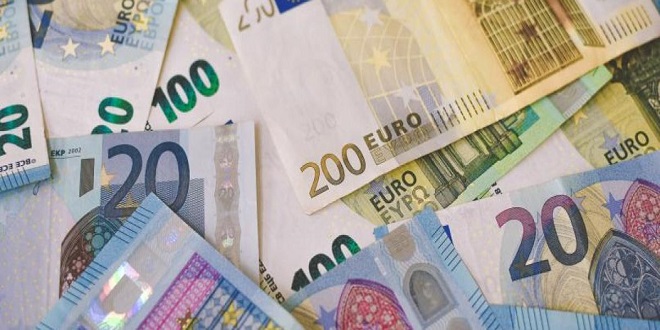Contending Perspectives On International Political Economy

In this essay, Stephen D.Krasner addresses the relationship between the interests and power of major states and the trade openness of the international economy. In this international political analysis, he identifies four principal goals of state action: political power, aggregate national income, economic growth, and social stability. He then combines the goals with different national abilities to pursue them, relating the international distribution of potential economic power to alternative trade regimes.
Krasner maintains, most significantly, that the hegemony of a leading power is necessary for the creation and continuance of free trade. He applies his model to six periods. Krasner’s analysis in this 1976 article is a well-known attempt to use international political theory, and Realism more generally, to explain international economic affairs. The theory he propounds, which has been dubbed the “theory of hegemonic stability,” has influenced many subsequent analyses.
In recent years, students of international relations have multinationalized, transnationalized, bureaucratized, and transgovernmentalized the state until it has virtually ceased to exist as an analytic construct. Nowhere is that trend more apparent than in the study of the politics of international economic relations.
The basic conventional assumptions have been undermined by assertions that the state is trapped by a transnational society created not by sovereigns, but by non-state actors. Interdependence is not seen as a reflection of state policies and state choices (the perspective of balance-of-power theory), but as the result of elements beyond the control of any state or a system created by states.
The Causal Argument: State Interests, State Power, And International Trading Structures
Neoclassical trade theory is based upon the assumption that states act to maximize their aggregate economic utility. This leads to the conclusion that maximum global welfare and Pareto optimality are achieved under free trade. While particular countries might better their situations through protectionism, economic theory has generally looked askance at such policies.
The neoclassical theory recognizes that trade regulations can be used to correct domestic distortions and to promote infant industries, but these are exceptions or temporary departures from policy conclusions that lead logically to the support of free trade.
State Preferences
Historical experience suggests that policymakers are dense, or that the assumptions of the conventional argument are wrong. Free trade has hardly been the norm. Stupidity is not a very interesting analytic category. An alternative approach to explaining international trading structures is to assume that states seek a broad range of goals.
At least four major state interests affected by the Stephen D.Krasner 21 structure of international trade can be identified. They are: political power, aggregate national income, economic growth, and social stability. The way in which each of these goals is affected by the degree of openness depends upon the potential economic power of the state as defined by its relative size and level of development.





